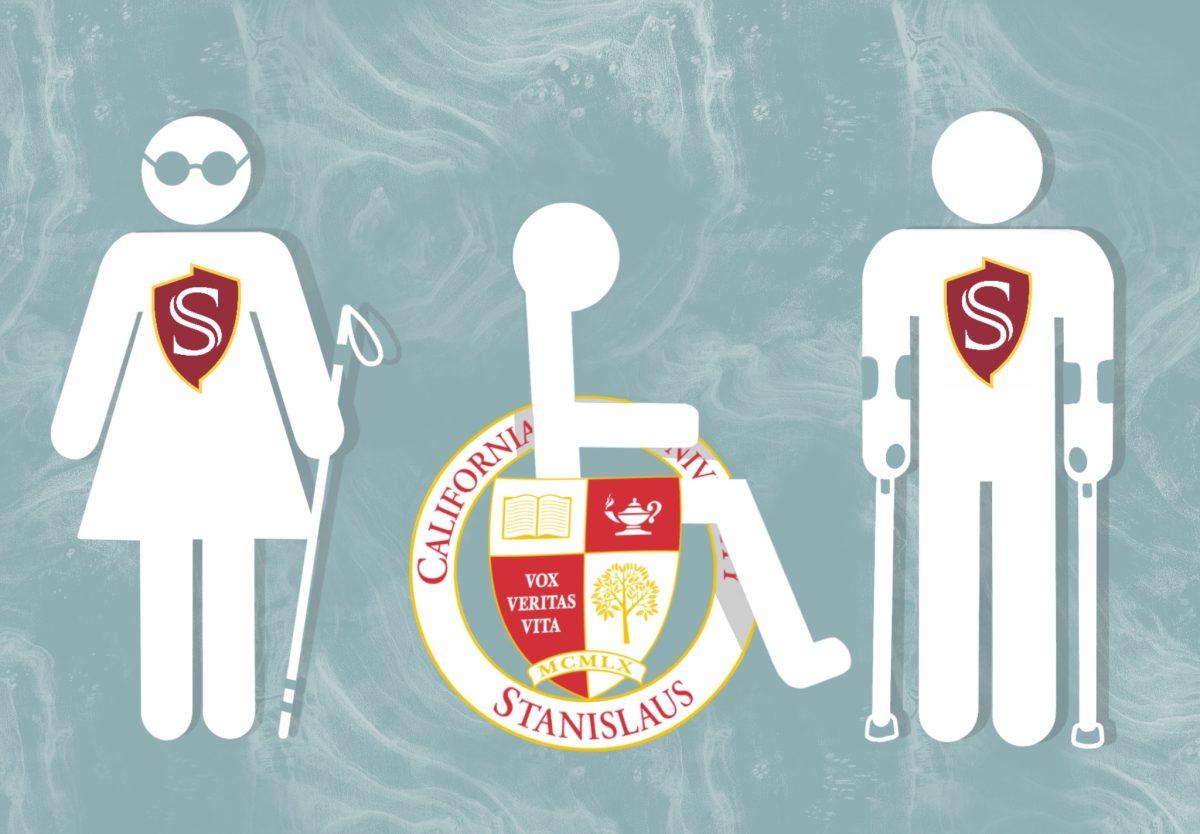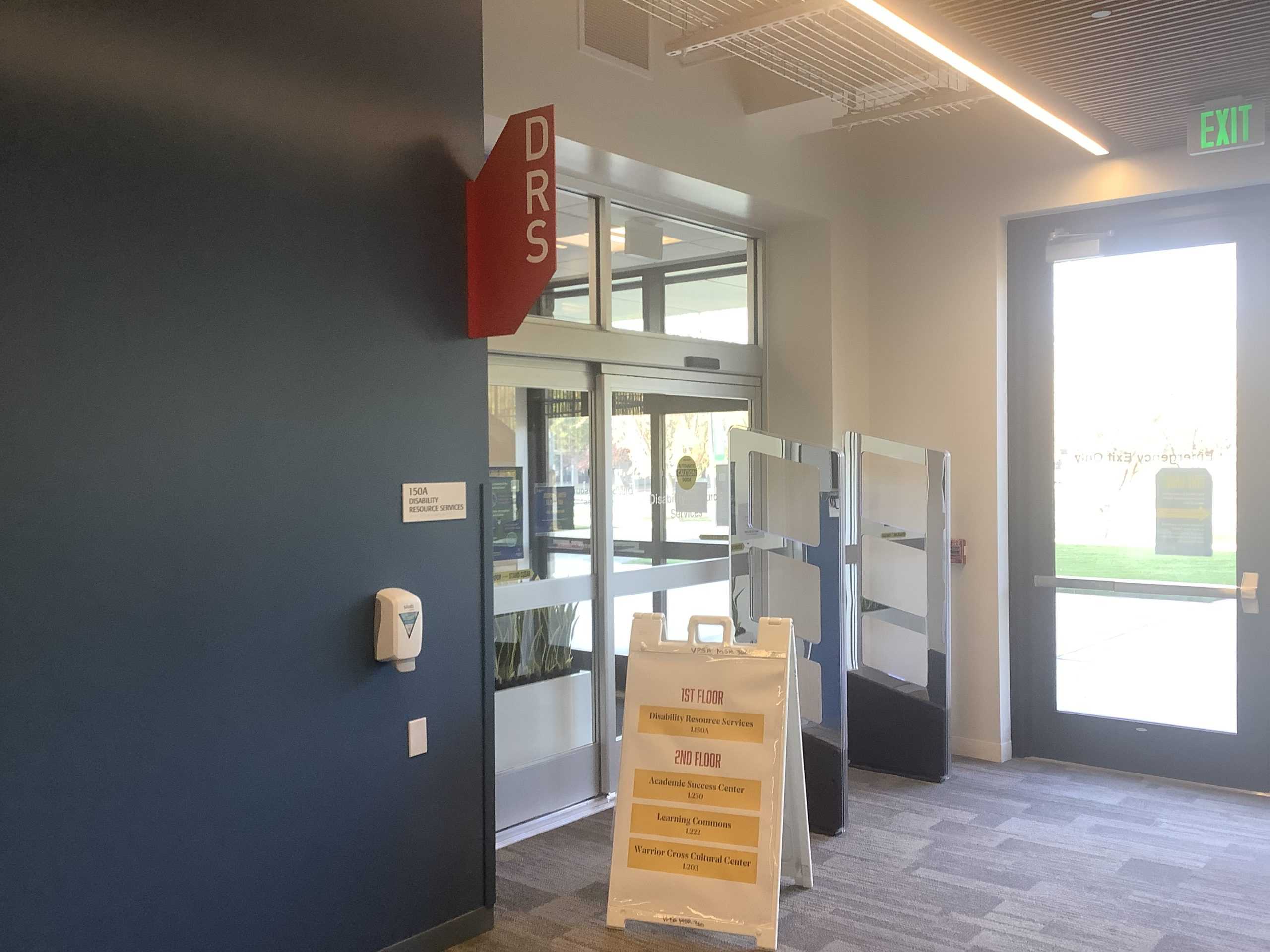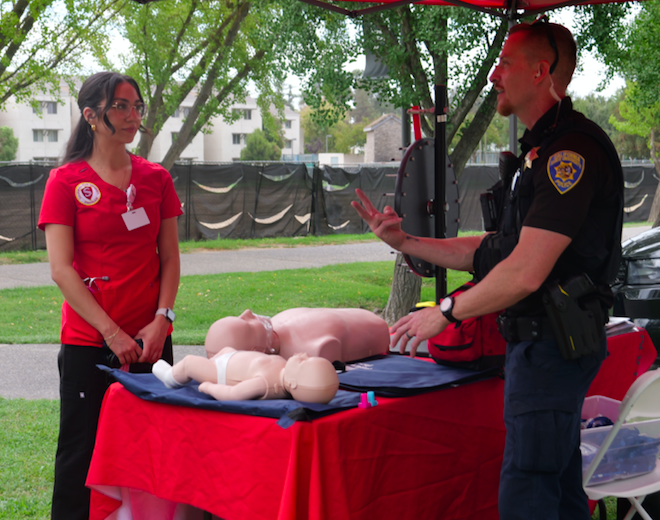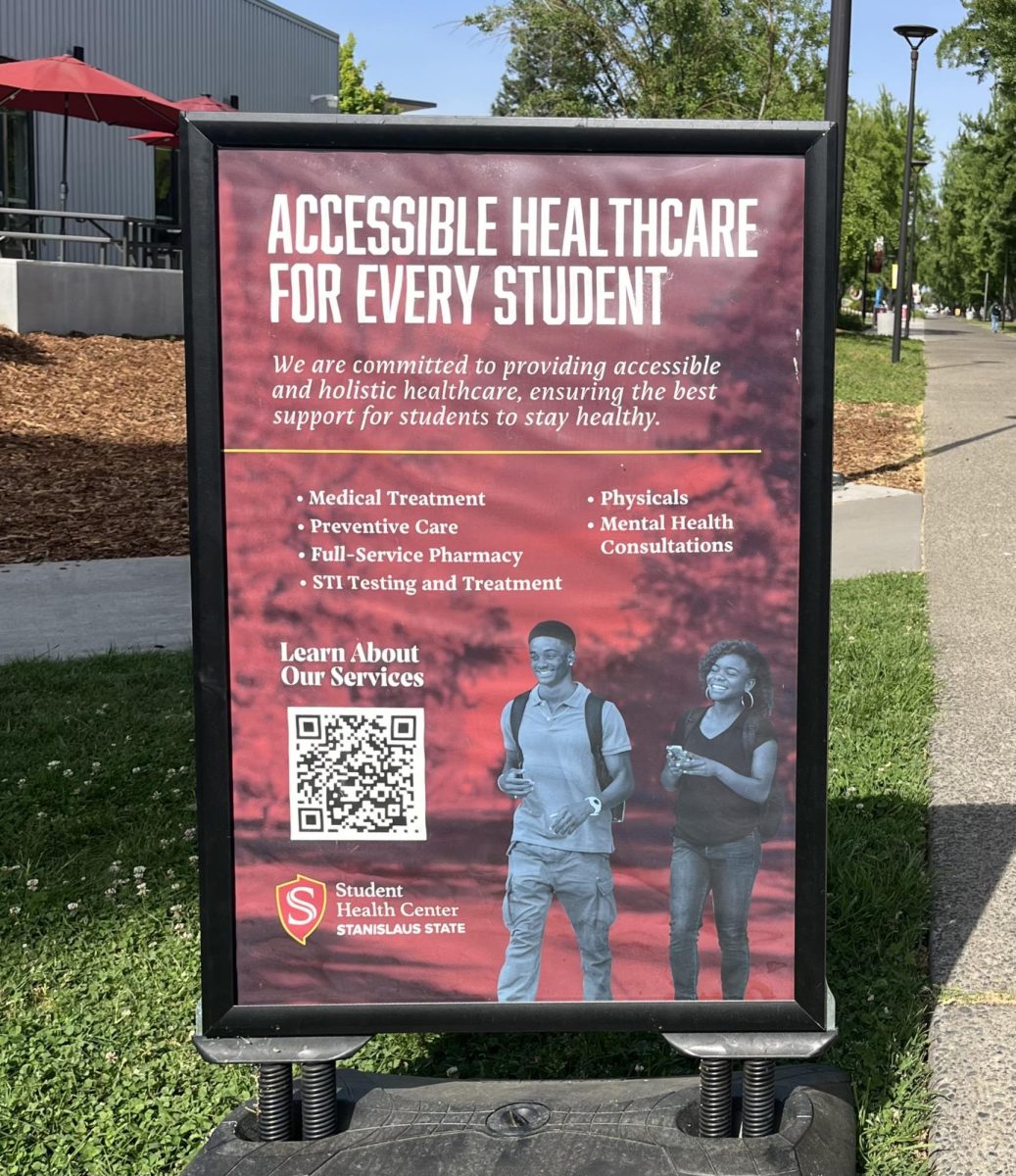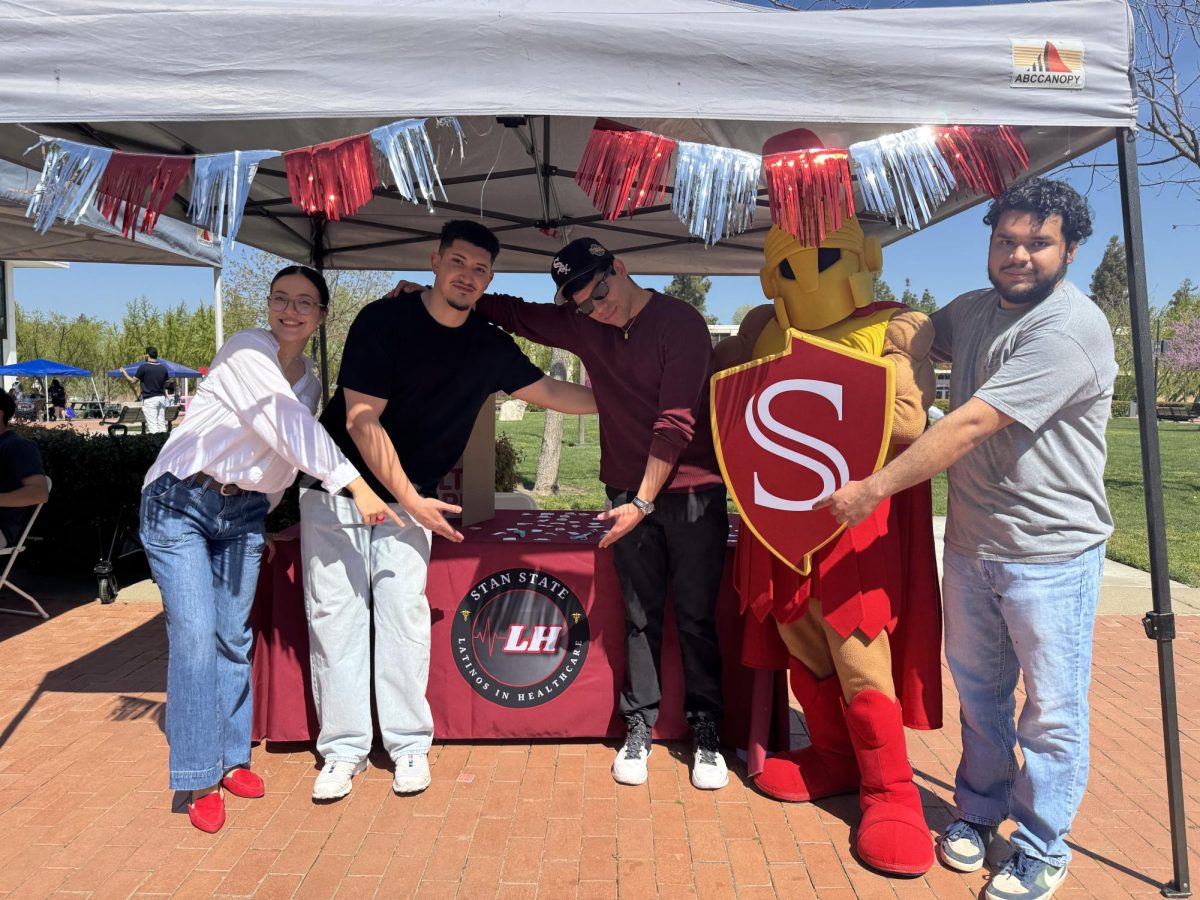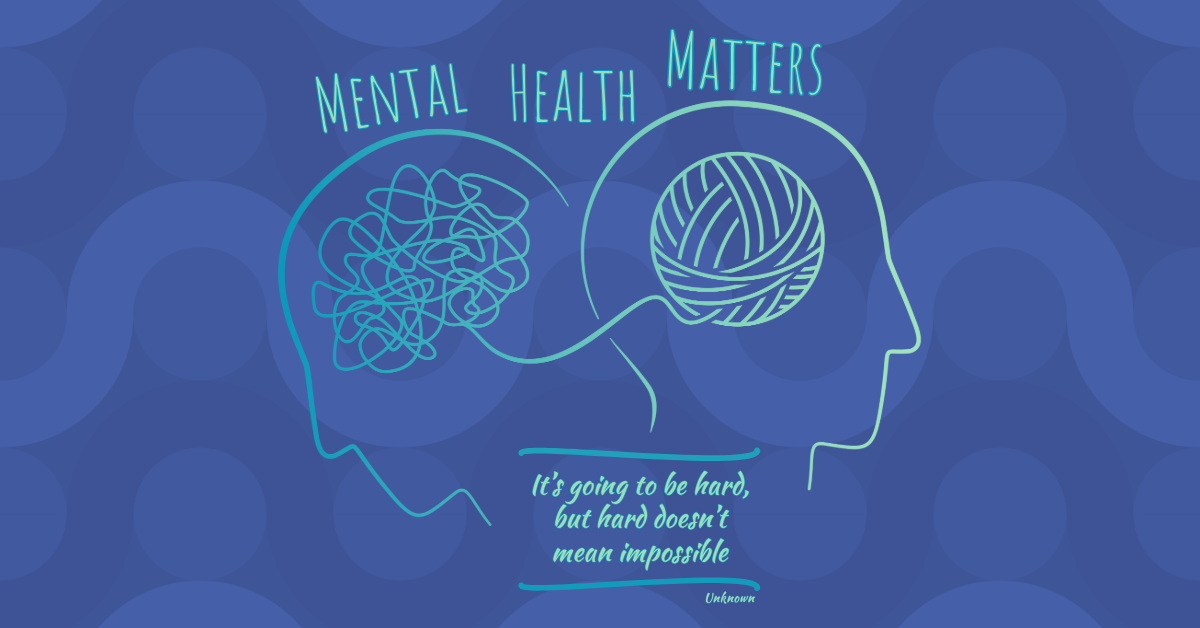The Disability Resource Services, or DRS, office helps to provide necessary accommodations to Stanislaus State students with a variety of disabilities. This is no easy task, as DRS must often coordinate between students and faculty.
Recently, DRS moved into a new space located within the newly renovated Vasche Library. This new office offers a complete collection of all DRS services in one place in an attempt to provide students “equal access for individuals with disabilities to all the academic, social, cultural and recreational programs it offers.”
Services of DRS include on-campus transportation, in-class captioning services and hearing assistance services.
Other services that DRS offers include extra time on tests and alternative formats for class materials, such as Braille and audiobook for students who need it.
Marvin Williams, administrator for the DRS office, finds that the most difficult task during the Covid-19 pandemic has been providing on campus transportation to DRS students.
“With Covid requirements, we can only use a large cart so that the driver can be separated from the passenger, and we can only take one student at a time,” Williams explained.
Per an article published in the Washington Post on November 1, DRS students across the nation have felt left behind as schools have returned to in-person learning and providing accommodations has become more difficult for schools with limited resources.
Williams, however, disagrees.
“At our campus, I really haven’t seen this as a problem for our DRS students, but if they are having a problem, we want to know about it,” Williams said.
Often, Williams finds that some students will confuse difficulties with their accommodations with general academic difficulties.
“Whenever we hear about a problem from a student, we always try to look at the problem to figure out if it is really a problem with their accommodations or just a miscommunication of some kind,” he said.
Williams also views the pandemic as having led to a couple of positive changes when it comes to providing DRS captioning services.
“One of the things that we’re doing that is going to be a permanent change is that, instead of captioners sitting right there with the student, students will get an iPad while the real time captioner will sit in class. The captioners will be able to sit someplace not near the student and the captions will appear on the iPad, which will make captioning services much more efficient,” Williams explained.
DRS has also put an extra emphasis on students reaching out to professors about their accommodations.
“It’s important now because, if the accommodation that you have is to be able to sit and stand in class-well, if you’re at home, that’s not gonna be applicable, but if you’re in person, it would be.”
Therese Gardner, a DRS Advisor, helps students with a number of things, including assisting DRS students with advocating for their accommodations.
“My position here in Disability Resource Services as a DRS Adviser is to assist qualified persons with disabilities to obtain the correct accommodations for their specific disability to have equal access to the curriculum and campus activities,” she explained.
Gardner is also meets with students and their professors for those who have difficulty understanding the need for a student’s particular accommodations.
When Gardner assigned to a DRS student, she meets with them and goes over the things that students are responsible for, such as reaching out to professors before classes begin and filling out testing cards if they have any accommodations for a test.
One of the main concerns Gardner’s students have is about maintaining privacy in regard to their disability.
“The most common thing that they worry about is that other persons who don’t have a need to know find out that they are associated with DRS and are receiving accommodations,” she said.
A lot of this stems from what she views as a “false belief” that DRS students are getting an unfair advantage over others.
A DRS student, who asked to remain anonymous for this article, said that for him, his concern was not about others finding out about his need for accommodations, but rather helping people understand that, “Just because I have a physical disability does not necessarily mean I have an intellectual disability.”
Williams shares this insight, as well.
“What I try to explain to people is that the paralympics is not the same as the special olympics.”
Williams believes that his job as a DRS administrator is to help people understand three main things.
“First is that students with disabilities who are here earn their way here, and have every right to be here. Second is getting faculty to understand that sometimes the old way of doing things is not the best way to do them. And third, they don’t need to be afraid of people with disabilities.”
Williams hopes to do workshops to relieve some of the fear that surrounds services for DRS students.
The anonymous DRS student thinks that this will help significantly, but finds that some faculty want information about accommodations and a student’s disability at varying times. The general consensus about doing this is that if it gets sent out too early, it will get lost in the faculty’s email. If a student requests it, the information can be sent out early.
“i’ve used this feature a lot with professors who want to know about my accommodations and my disability before the new semester begins,” he said.
“DRS services are an integral part of my success here at Stan State, and I am grateful to have them,” he continued.
If you know or think you may have a disability and would like to register with DRS to receive accommodations, it’s best to have all the documentation for the disability ready and upfront to enable the process to run more smoothly and reach out to [email protected] for more information.

